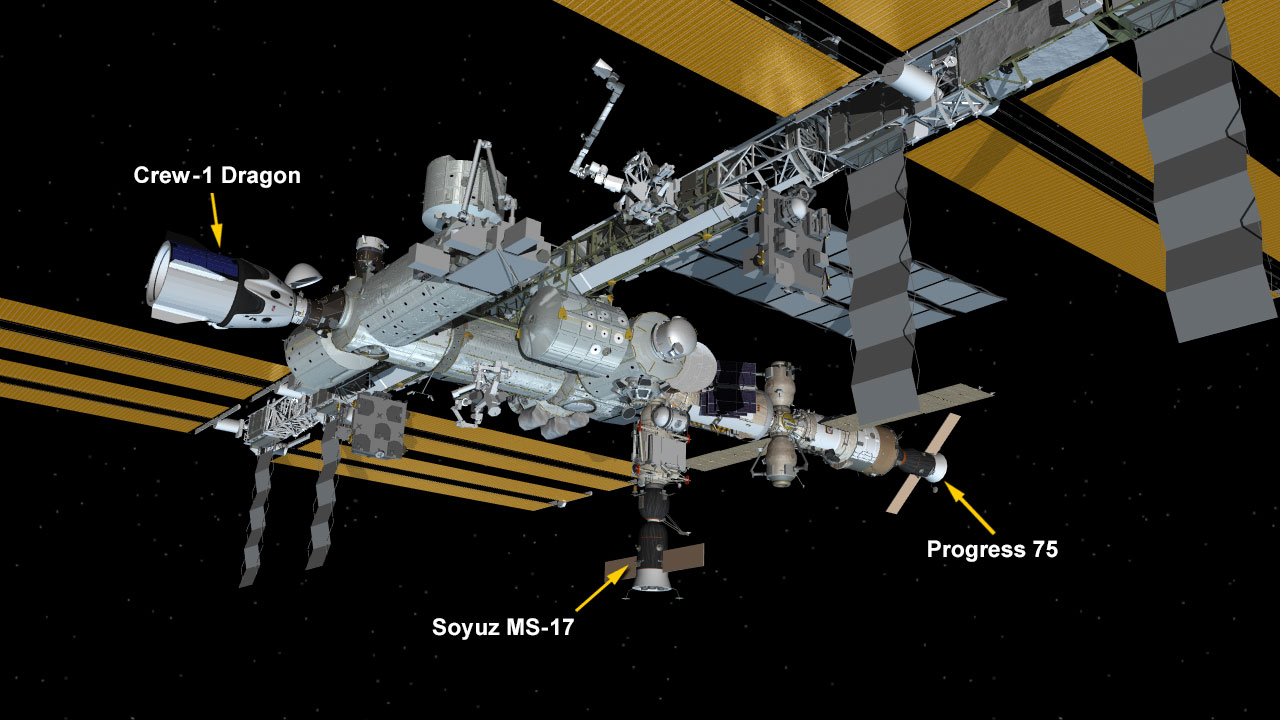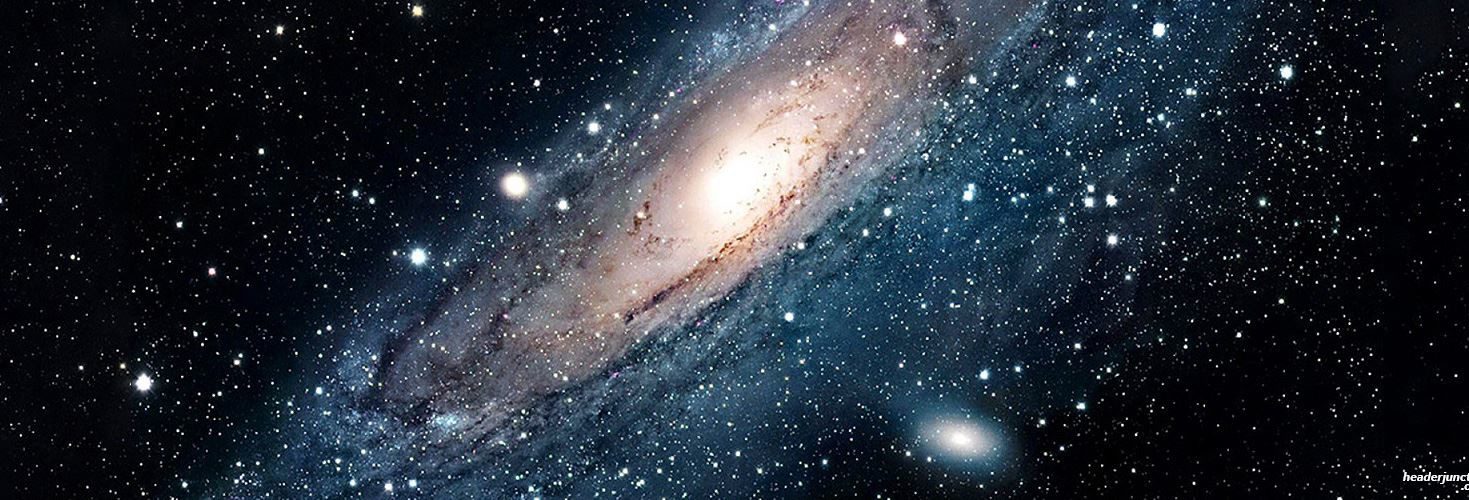Two Cargo Ships Near Launch as Crew Conducts Space Research

A Russian resupply ship departed the International Space Station overnight as two more cargo missions get ready for their launch. Meanwhile, the Expedition 64 crew has been focusing on space research exploring botany and biology.
Russia’s uncrewed ISS Progress 76 space freighter undocked from the station’s Pirs docking compartment early Tuesday packed with trash and discarded gear. The Progress 76 then fired its engines one last time for a safe, but fiery reentry above the Pacific Ocean ending its six-and-a-half-month cargo mission.
A new Russian space freighter, the ISS Progress 77, is gearing up for its launch to the station on Sunday at 11:45 p.m. EST from the Baikonur Cosmodrome in Kazakhstan. It will dock to Pirs’ vacant port two days later delivering 1.1 tons of nitrogen, water and propellant.
The U.S. Cygnus cargo craft from Northrop Grumman will follow the Progress 77 blasting off from Virginia on Feb. 20. It will rendezvous with the station for a robotic capture and installation on Feb. 22 carrying about 8,000 pounds of crew supplies and science experiments.
Space scientists are learning how to grow food in space so future crews can support themselves on long-term missions to the Moon, Mars and beyond. Today, NASA Flight Engineer Shannon Walker set up hydroponics components for a study exploring ways to sustain plants in microgravity from germination through harvest.
Flight Engineer Kate Rubins swabbed station surfaces on Tuesday collecting microbe samples for DNA sequencing to understand their adaptation to weightlessness. Flight Engineer Victor Glover strapped himself into a restraint then wore a virtual reality headset to understand how an astronaut visually interprets motion, orientation, and distance in space.
The two cosmonauts, Commander Sergey Ryzhikov and Flight Engineer Sergey Kud-Sverchkov, trained to remotely dock a spacecraft in the unlikely event its automated rendezvous system fails. The duo practiced using the tele-robotically operated rendezvous unit (TORU) to safely maneuver a spacecraft to its docking port.
Mark Garcia
Powered by WPeMatico



